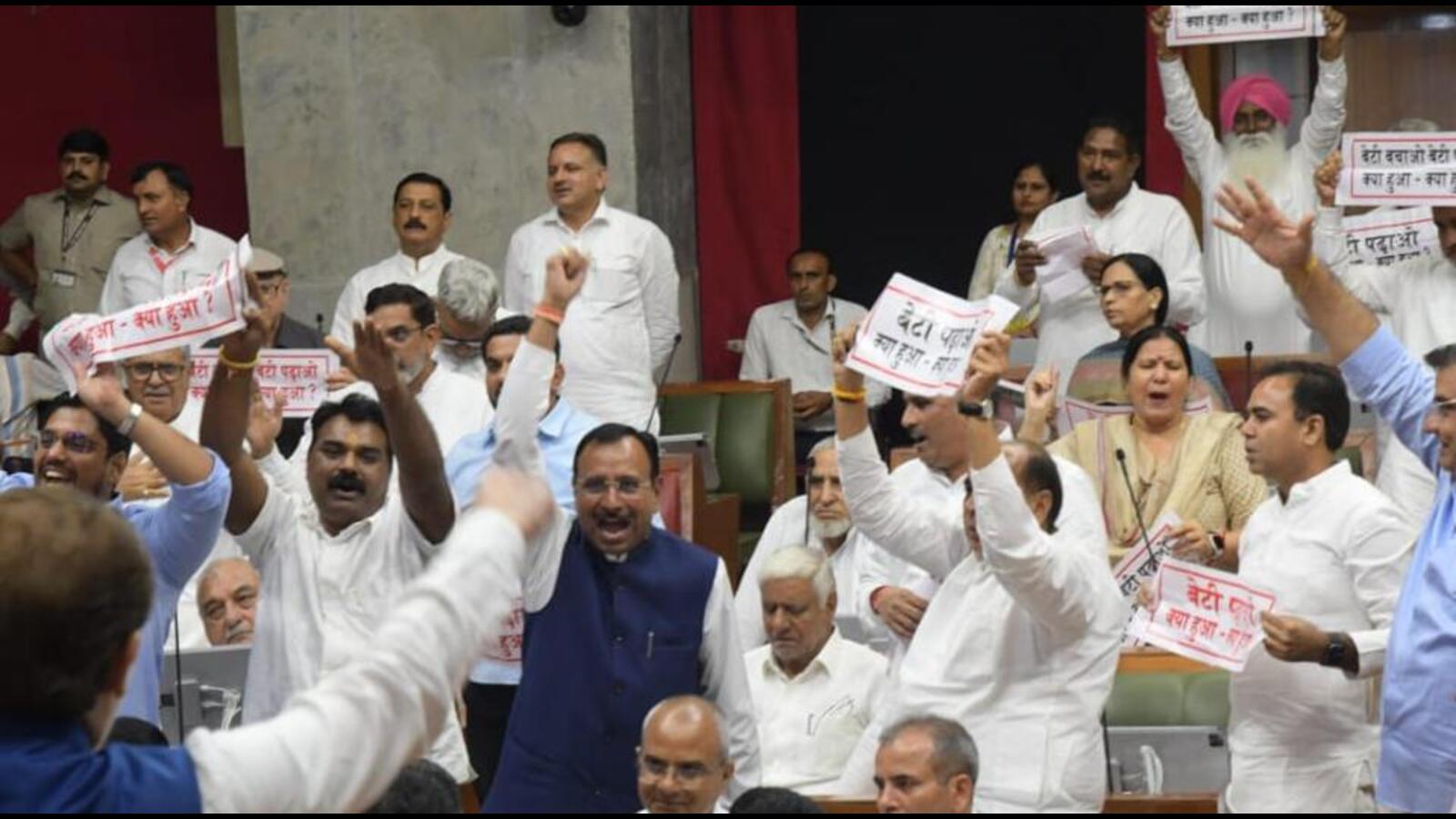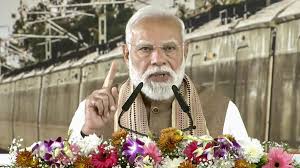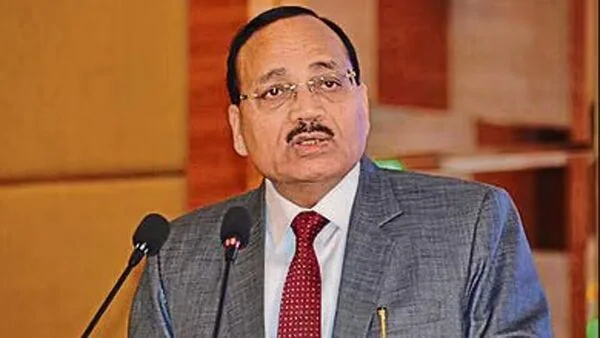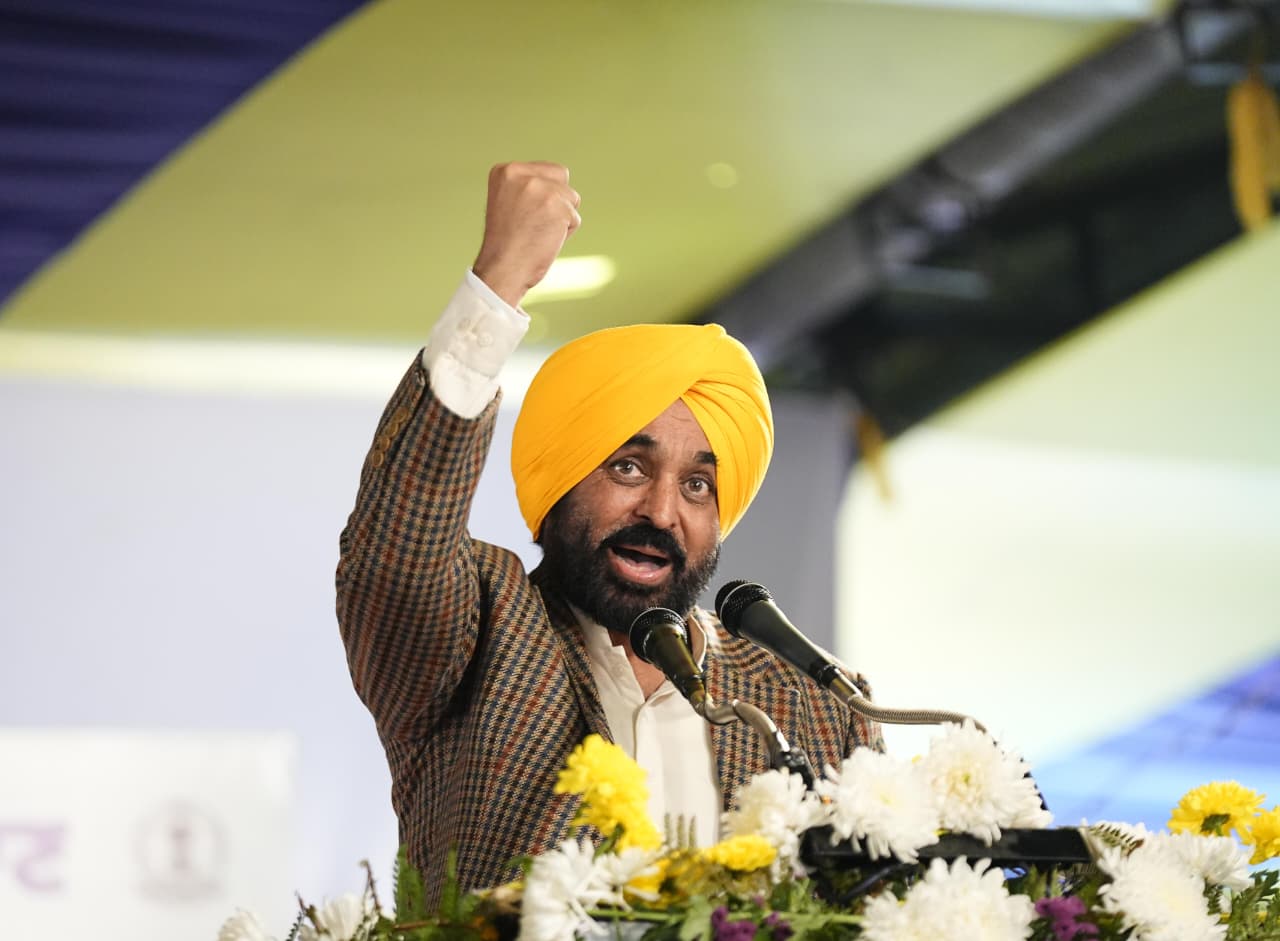Listen To This Post
Haryana is Proud of the 1st CJI From the State.
Chandigarh: For the residents of Petwar village in Hisar district of Haryana, today’s moments carry a glow of pride beyond the celebration and sweets. Their native son, Justice Surya Kant, took oath on Monday to occupy the highest judicial office in the country — the Chief Justice of India (CJI). President Droupadi Murmu at Rashtrapati Bhawan administered the oath of office to Justice Kant, who is expected to serve for nearly 15 months, until February 9, 2027.
Back in Petwar, the day has turned into a celebration. “It will be a proud moment not just for our village, but for all of Haryana,” said Rishi Kant, Justice Surya Kant’s elder brother and a retired government teacher. He shared that his brother had visited the village a day before Diwali to meet family and greet residents. “Filled with nostalgia, he also visited the Government Primary School and the ancestral haveli where he was born,” Rishi Kant recalled.
Justice Surya Kant completed his matriculation from the village school and graduated from Government PG College, Hisar, before obtaining his LLB from Maharshi Dayanand University, Rohtak, in 1984. He began his legal career at the Hisar district courts and later shifted practice to the Punjab and Haryana High Court.
“He is a reflection of simplicity and hard work,” said Narbir Singh, a villager. “He visits Petwar every year to honour meritorious students of Classes 10 and 12 with cash prizes. His humility and achievements have inspired generations here.”
Rishi Kant added that the family runs the Pandit Ramprasad Atmaram Charitable Trust, which promotes education among rural youth. “Our father, Madan Gopal, was a Sanskrit teacher who taught us in the same government school,” he said, noting that Justice Surya Kant is the youngest among five siblings.
Narnaund MLA Jassi Petwar, also a native of the village, said, “It is a matter of immense pride that someone from a humble rural background is about to reach the highest judicial office through sheer dedication and perseverance.”
Early Life & Education
- Born on 10 February 1962 in Petwar village (Hisar district), Haryana, into a modest family.
- Graduated from Government PG College, Hisar in 1981.
- Earned LL.B. from Maharshi Dayanand University, Rohtak, in 1984.
- Later, completed M.Law (LL.M) from Kurukshetra University in 2011, standing First Class First.
Legal Career & Advancements
- Started practice in District Court, Hisar (1984), then shifted to Punjab & Haryana High Court in Chandigarh (1985).
- Specialised in Constitutional, Service and Civil matters, representing universities, boards, banks, and even the High Court.
- Appointed the youngest Advocate General of Haryana on 7 July 2000.
- Designated Senior Advocate in March 2001.
Judicial Elevation
- Elevated as a Permanent Judge of the Punjab & Haryana High Court on 9 January 2004.
- Assumed office as Chief Justice of Himachal Pradesh High Court on 5 October 2018.
- Elevated to Judge of the Supreme Court of India on 24 May 2019.
- Appointed Executive Chairman of the National Legal Services Authority (NALSA) from 14 May 2025.
Notable Work & Judicial Philosophy
- Known for emphasis on access to justice and legal aid, given his role at NALSA and the Supreme Court Legal Services Committee.
- Has a reputation for simplicity, hard work and connecting with rural roots — often referenced in his village, Petwar.
- His judgments span constitutional law, service law, civil rights, and environment — indicating broad competence.
Why This Matters for Haryana
For a village like Petwar — whose children see their native son rise through government school and a local college, then to the Supreme Court — this moment has both emotional and symbolic significance. As villagers say: a rural background, modest upbringing, and now potentially the highest judicial office of the land.















